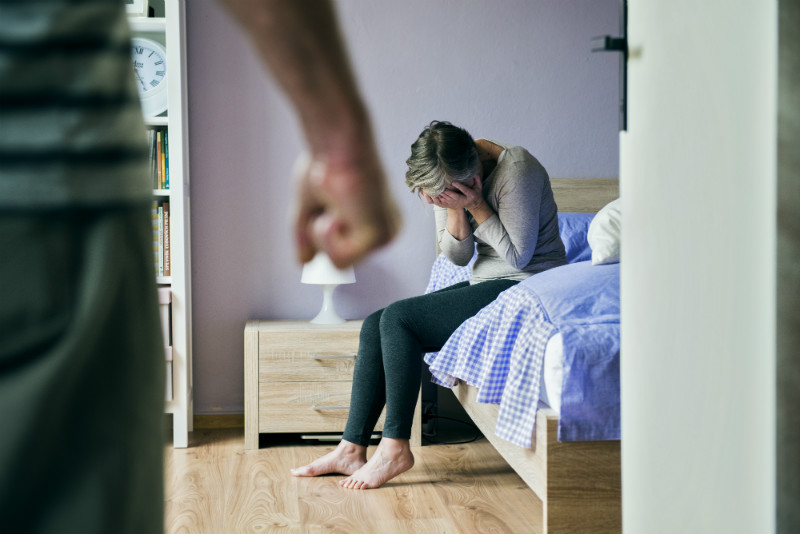Moving On After Domestic Violence
According to the National Coalition Against Domestic Violence, domestic violence is “the willful intimidation, physical assault, battery, sexual assault, and/or other abusive behavior as part of a systematic pattern of power and control perpetrated by one intimate partner against another.” The effects of domestic violence are real and are devastating to all of those involved. Please see our other articles regarding the effects of domestic violence, how to recognize domestic violence and how to escape. Oftentimes victims are focused on escaping domestic violence and are not able to think past the escape into the future. There is hope and a new beginning for those who escape.
Steps to Moving On
One of the first things after the escape from a violent situation is to understand that there is nothing the victim did wrong to deserve the abuse. According to the Safe Passage website dedicated to a world free from domestic abuse, empowerment of the victim is very important following the abuse and manipulation by the abuser. The time it takes to accept and move on from an abusive relationship can vary greatly and the greatest gift one can receive after escaping abuse is grace and time to heal.
In an article by DomesticShelters.org there are several things one can do to heal after a domestic violent situation. One of these things is participating in activities that were once forbidden by the abuser such as going certain places or making decisions for themselves. These enjoyable activities can add joy to a life that was once robbed of that pleasure. Another healing activity can be connecting with family and friends once again. These healing relationships can help victims to move on from the abuse. Victims have the freedom to remember and recall all that they have been through and allow growth and healing to happen through this time of reflection.
Helping Children Move On
When children are involved in the healing after the escape from domestic violence, it is important to help them understand what they have been through and how to move on into healthy relationships. According to the Refuge website, be sure that children know the violence was not there fault and is not an acceptable behavior. Talk freely with your children regarding all they have been through and what they may be feeling in the future. Give children the opportunity to make new and healthy relationships and connections with others of similar experiences.
Moving on after situations of domestic violence is possible and is important especially in the situations involving children in order to break the cycle of abuse.








